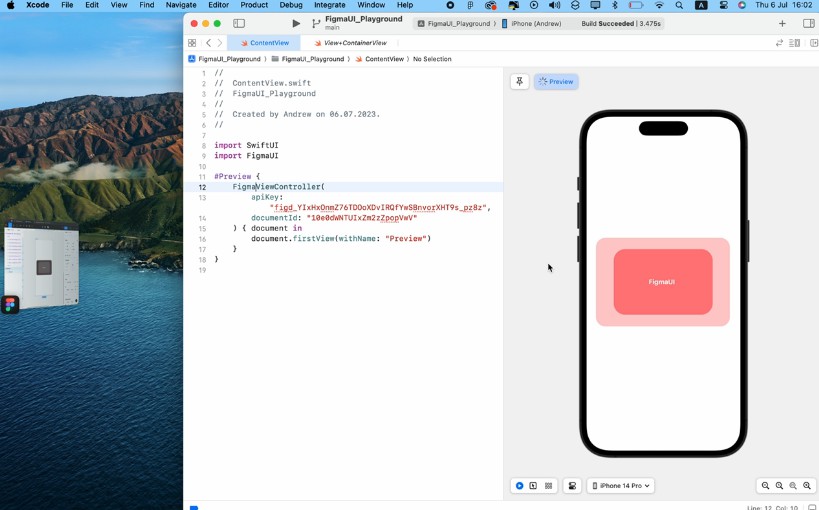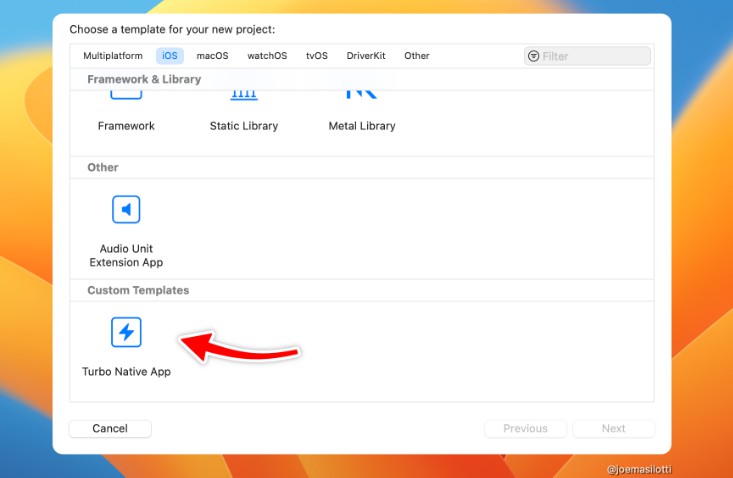
LeezyData
Should I use this package in my project?
If you are building an app with remote data collections and/or a local database layer, then the answer is yes, you should use this package.
LeezyData is a self-serve package, meaning you can choose to be completely agnostic from third-party libraries or Swift frameworks and build your own services, or you can add LeezyData‘s built-in integration with CoreData (for your local database) and Firestore (for you remote data).
Overview of the contents
This package contains the following libraries:
Common: The foundations of your data layer. It contains theEntityprotocol, theDataServiceblueprint for each of your entities CRUD operations and theDataManagerwhich is the class your app will use to communicate and perform data operations.CoreData: A local database layer that uses CoreData to store and retrieve entities. By default, this library doesn’t make use of CoreData’s relationships, instead it fetches the entities in all the available services using anid.RemoteCollection: A remote collection layer that completely abstracts the database so you can choose the one that suits you best. This layer supports type-erased entities so you no longer have headaches when modelling your collections. All you need is anidentifierfor your custom types andAnyRemoteEntitywill do the rest.Firestore: Contains protocol conformances to supportFirestoreas aRemoteCollectionsource.
Installation
LeezyData is available for installation via SPM:
dependencies: [
.package(name: "LeezyData", url: "https://github.com/matolah/LeezyData", .upToNextMajor(from: "1.0.0")),
],
.target(
name: "MyApp",
dependencies: [
.product(name: "LeezyData", package: "LeezyData"),
.product(name: "LeezyCoreData", package: "LeezyData"),
.product(name: "LeezyRemoteCollection", package: "LeezyData"),
.product(name: "LeezyFirestore", package: "LeezyData")
]
),
Usage
Create your entities:
struct MySimpleEntity: Entity {
let id: String
}
class MyLocalEntity: CoreDataEntity {
@NSManaged var referenceID: String
var reference: MyRemoteEntity? {
if let reference = _reference, referenceID == reference.id {
return reference
} else {
let anyReference: AnyRemoteFirestoreEntity? = Self.referenceBuilder?.entity(with: referenceID)
_reference = anyReference?.value as? MyRemoteEntity
return _reference
}
}
private var _reference: MyRemoteEntity?
}
typealias AnyRemoteFirestoreEntity = AnyRemoteEntity<MyRemoteEntityIdentifier>
struct MyRemoteEntity: RemoteEntity {
static var collectionName = "my-remote-entity-collection"
let id: String
}
enum MyRemoteEntityIdentifier: String, AnyRemoteEntityIdentifier {
case mock
static var collectionName = "my-remote-entity-collection"
var metatype: any RemoteEntity.Type {
switch self {
case .mock:
return MyRemoteEntity.self
}
}
}
Create DataServices for your entities and inject them in your DataManager. Remember to initialize coreDataEntityBuilder for initializing empty CoreData objects and referenceBuilder if you want to use LeezyData relationship creation.
lazy var dataManager: DataManager = {
let dataManager = DataManager(
dataServices: [
dataService,
coreDataDataService,
firestoreDataService
]
)
CoreDataEntity.coreDataEntityBuilder = dataManager
CoreDataEntity.referenceBuilder = dataManager
return dataManager
}()
let dataService = DataService<MySimpleEntity>()
let coreDataDataService = CoreDataDataService<MyLocalEntity>(managedObjectContext: NSPersistentContainer(name: "my_model").viewContext)
let firestoreDataService = RemoteCollectionDataService<AnyRemoteFirestoreEntity>(database: Firestore.firestore())
License
Distributed under the MIT License. See LICENSE.txt for more information.
Contact
Twitter – @_matolah


